When Feminism Becomes Nihilism: Birds of Prey
“Psychologically speaking, vengeance rarely brings the catharsis we hope for.”
-Harley Quinn
Since 2013, Warner Brothers and DC comics have been desperately trying to replicate Disney and Marvel’s model of success. They rushed to create a single connective story arch with the various members of the Justice League with Zack Snyder and David Ayer’s initial contributions to this universe (Snyder’s Superman films, and Ayer’s Suicide Squad). The result: three drab, bleak, and hollow movies. Soulless collection of scenes rather than pieces of storytelling; haplessly re-shot, chopped up, and reassembled by the fearful studio. Following the standalone outings of Wonder Woman (2017), Aquaman (2018), and Shazam! (2019), the current series of DC films have hit their stride going against their own grain. The approach and reception to these individualized films has allowed them to exist in the same universe, without being tied down by over-bearing story threads (or in Joker’s case, not connected at all). All of this context is necessary to understand the misguided values of Birds of Prey; the first big release of 2020, and the first contender for the meanest film of the decade.
In 2016’s Suicide Squad, comic fans were finally blessed with a live action Harley Quinn, and I say blessed because we received the best possible casting of the character in Margot Robbie. Her performance became a truly bright spot on a dark cinematic stain, so when word got around that she was going to get her own film, fans were rightfully excited. When Christina Hodson and Cathy Yan were hired to write and direct the film, respectively, it became clear DC was continuing its streak of choosing interesting prospects to bring a unique flavor to each of their movies. The film follows Harley Quinn after she has broken up with Jared Leto’s Joker from her 2016 debut (nobody can fault her for that, we’d all dump that performance). Her misdirection and mischief, following the split, leads her to become an enemy of every other major criminal in Gotham City, including mobster Roman Sionis (Ewan McGregor having a hell of a good time as the Black Mask). Harley also attracts the attention of other prominent women in Gotham, and when their paths collide they decide to take the fight back to the people who wronged them as a team (the titular Birds of Prey). Only that doesn’t happen until the final 20 minutes of the film, leaving both the audience and the studio confused as to why this movie wasn’t called Harley Quinn: Birds of Prey to begin with.
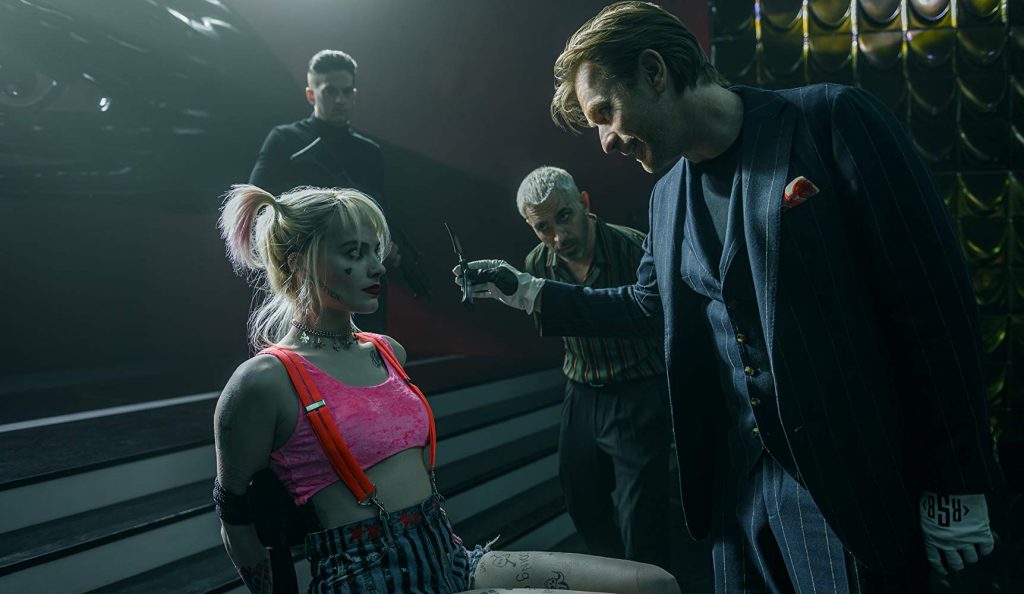
The message of female empowerment baked into this plot is undeniable, and it’s not even inherently problematic, quite the opposite. There are institutional prejudices in place against women in the American workforce. Most people would agree that these attitudes are unfair and unjust, however there are plenty of antiquated and prejudiced people who genuinely adopt this point of view (for arguments sake, let’s call them sexists). The villains of this film are male criminals, and corrupt police officers. Easy to get behind that premise, it’s not hard to believe that most criminals are sexually abusive and violent towards women. It’s not like this film is trying to say “all men are evil,” or “all women are perfect.” The film does not make its female characters out to be saints either, part of equality is showing that women can be just as morally flexible as men. The problem with the film is not the ideas on display, it’s the execution.
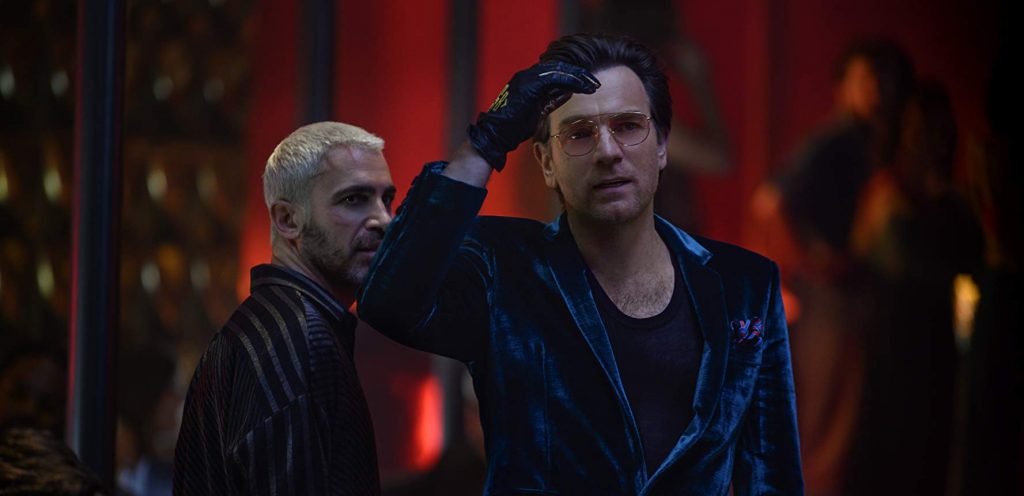
This is a movie better suited to a PG-13 rating, a film that started with the desire to be excessive and graphic, rather than telling a narrative that took them to excessive and graphic places. This is a film looking for an effect on the audience, rather than guiding them to a desired result or understanding. They are more interested in shocking you with violence and profanity, rather than inviting you to ruminate on mature themes. An R rating does not inherently code emotional maturity, it merely codes explicit content. One notable (and deplorable) example comes early on when Sionis has his serial killer/enforcer Victor Zsasz (an unrecognizable Chris Messina) cut the faces off of a family of three. Sure, when you make a movie about a villain, you have to bring in a worse villain. However this scene crosses a line by wanting us to find something darkly humorous in Sionis’ decision to do this, and the film never recovers as a result, even going so far as repeatedly relishing in his evil.
It’s almost as though the studio sought to do the “woke” version of the Deadpool movies (a character whose roots are inherently vulgar, but whose films lead to mature discussions of love and family), in order to recapture their success. What ends up happening in the process is we lose any sense of tragedy of the Harley Quinn character; a psychiatrist who is prostituted by having her humanity carved out by the Joker. Next to Kill Bill, there is no better template for a female revenge thriller than this. This film contains no examination of how she has been manipulated or exploited, she is over-simplified to killing and destroying whatever she wants because she merely feels like it. Mind you, this is a weak and uninteresting premise no matter what race or gender your protagonist is. Unless the film mines the subtext behind its characters’ pathology, it cannot be held as a responsible piece of entertainment. We get an animated retelling of her origin story at the beginning, and although we are reminded of it over and over again, it never goes any deeper.. It feels nothing like thematic exploration; more like condescension. It’s as if the film didn’t trust that we were paying attention the first time.
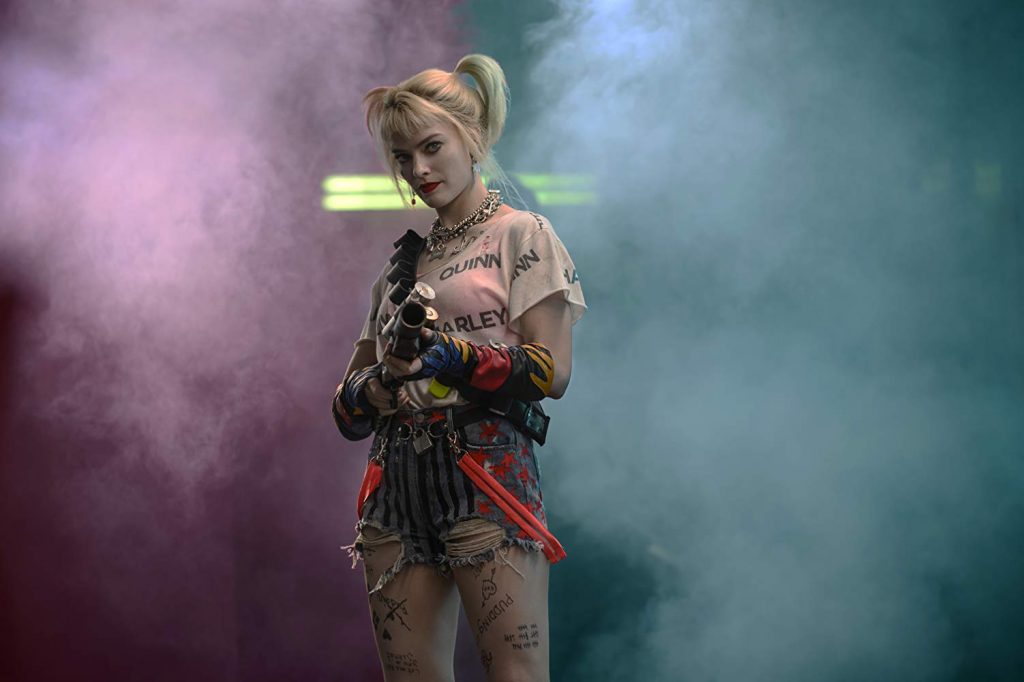
The true disappointment is how many talented people have been left behind due to backwards millennial politics. Margot Robbie, Rosie Perez, Mary Elisabeth Winstead, Ewan McGregor, Chris Messina; these are all reliably excellent performers who carry strong brands as actors and have made careers off of giving us what we love from them. In this film, their characters longing for deeper definitions, although outwardly distinct in personality and wardrobe. They’re clearly having a good time doing what they can with this script, but I’m not sure if they’re as self aware to the lack of purpose exhibited by it. The music choices are also a special kind of irritating, both from Daniel Pemberton’s uncreative and noisy score, to the needle drops of nauseating modern pop. Behind the lens, we have Matthew Libatique as director of photography, following his stunning work on A Star Is Born (2018). It seems that the budget constraints on this film have forced him to shoot on digital as opposed to his previous work on celluloid. Although the colors and visuals are vibrant and contrasting, there is something cold and impersonal about the digital landscape. The lack of emotional radiance makes the locations look cheap and unpopulated, and the characters seem lifeless and unmotivated. Perhaps one of the few saving graces is John Wick series director Chad Stahelski’s work as the second unit director/stunt coordinator. While you may not care what happens to the characters in these action sequences, the concepts and choreography on display are masterful and creative. Women don’t fight like men, and each character has their own distinct fighting styles, something that no action film should take for granted.
It’s worth reminding ourselves that despite the troubling politics of the film, it’s not as if the filmmakers were trying to punish the audience. Their hearts are more than likely in the right place, it rather seems that the current political climate has disfigured their belief of what will solve the inequality problem. The vengeful attitudes that currently plague our culture are exactly the attitudes that infect this film. Am I opposed to the course-correction a sequel could provide? Not at all, I would like to give these characters another shot, with perhaps a new writer and director at the helm. Do I want the studio to use the failures of this film as an excuse not to hire the best people for future directorial duties? Absolutely not, and I doubt they would do that considering Patty Jenkins is coming back strong with Wonder Woman 1984, this June.
I believe that the lens a woman provides is likely to bring credibility and intrigue to this subject matter, and I, as an audience member, would not want to miss out on that interpretation. Even in this film, there are infrequent moments that only a woman would consider when directing (such as needing a hair tie during a fight sequence). This film is the most recent in a series of flops due to a focus on gender politics, sparking the response “go woke, go broke.” Perhaps this time, the industry will hear us when we say “we’re not looking for a lecture, we’re looking for entertainment.” Enlightenment is not mutually exclusive from that concept either; we are looking for our minds to be expanded by a new perspective, not condemned by the closed mind of an angry artist. The symbiosis of the audience and the filmmaker is too important to be given up on, so let’s give each other another chance.
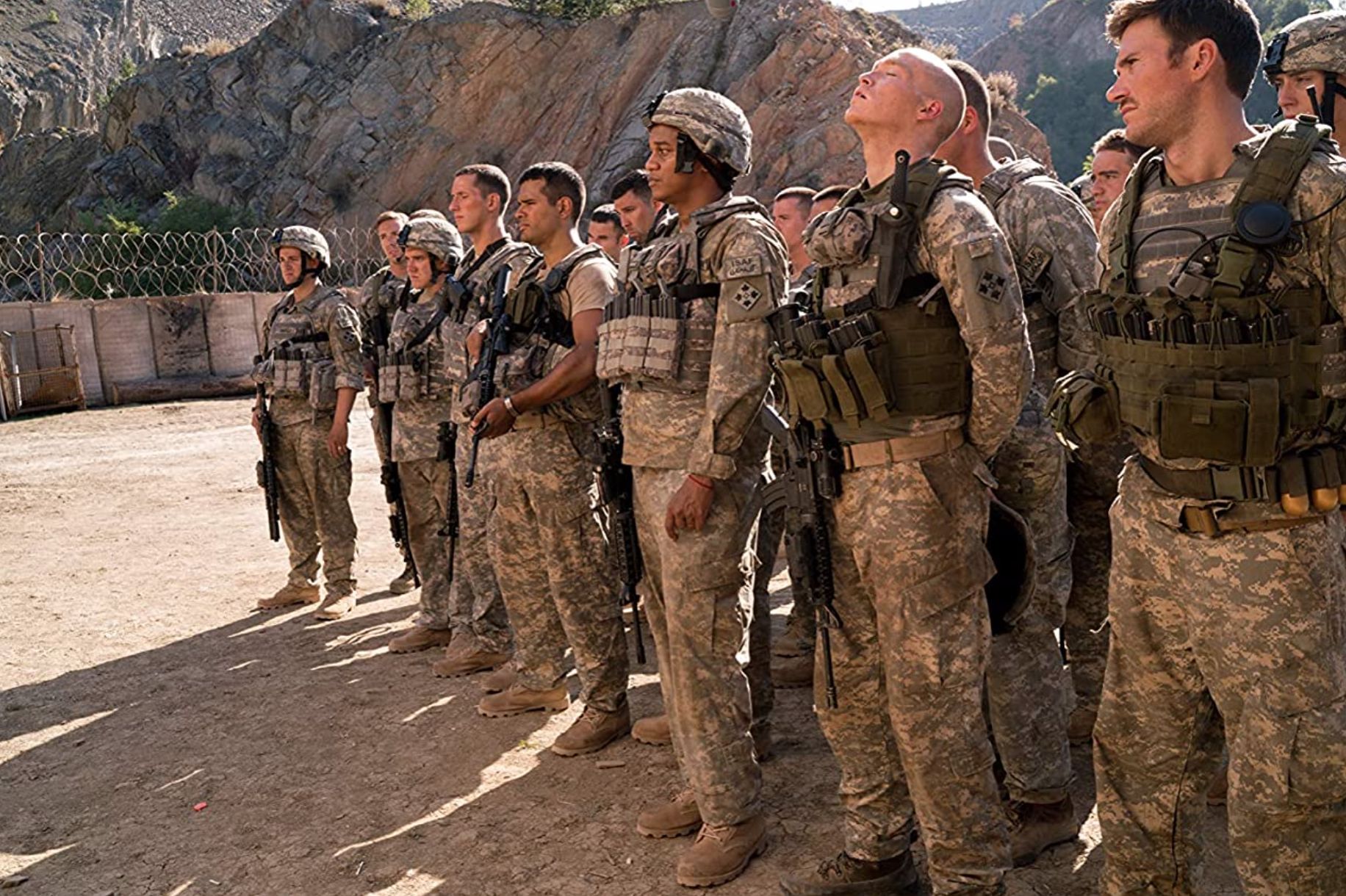

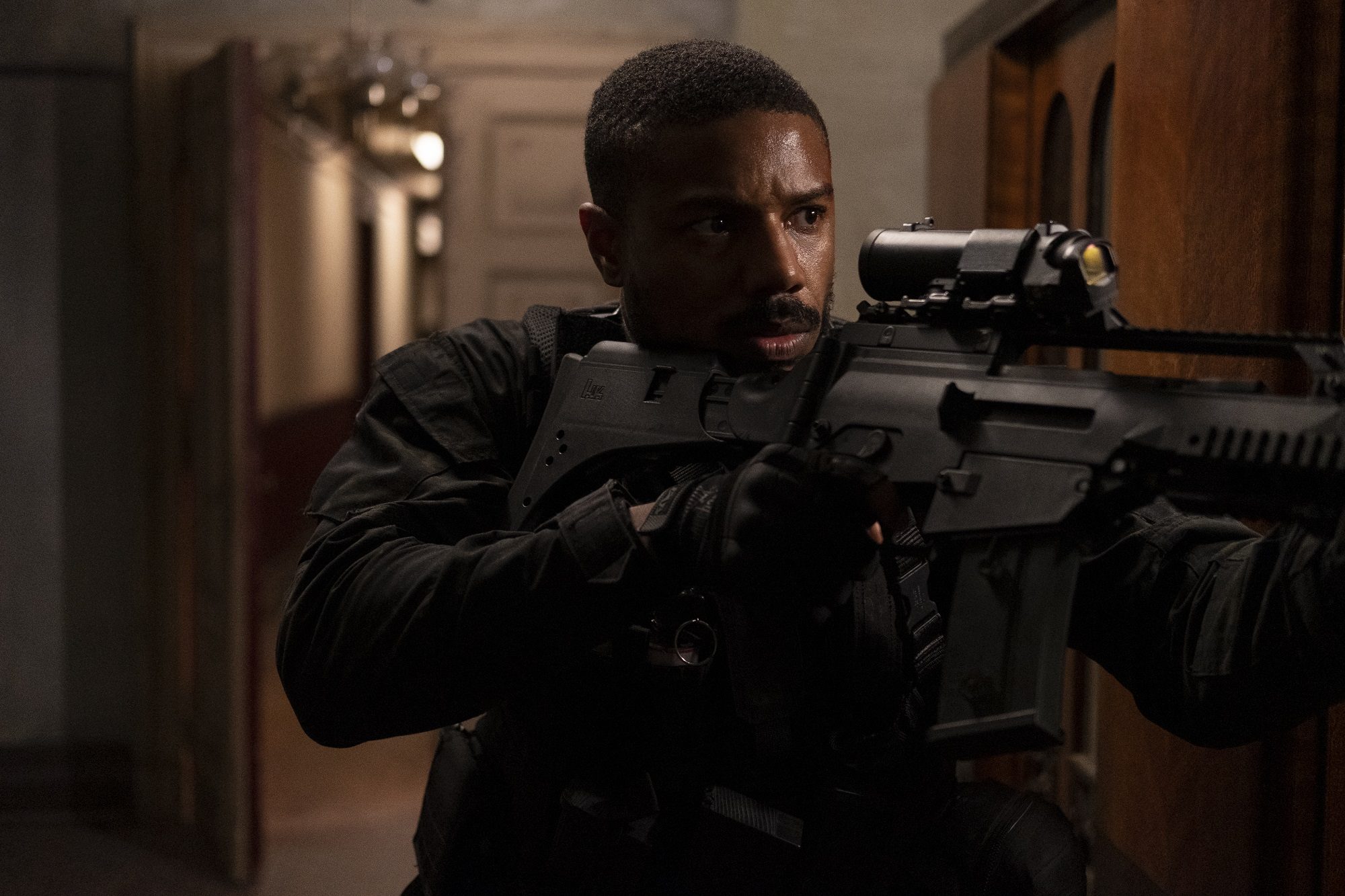
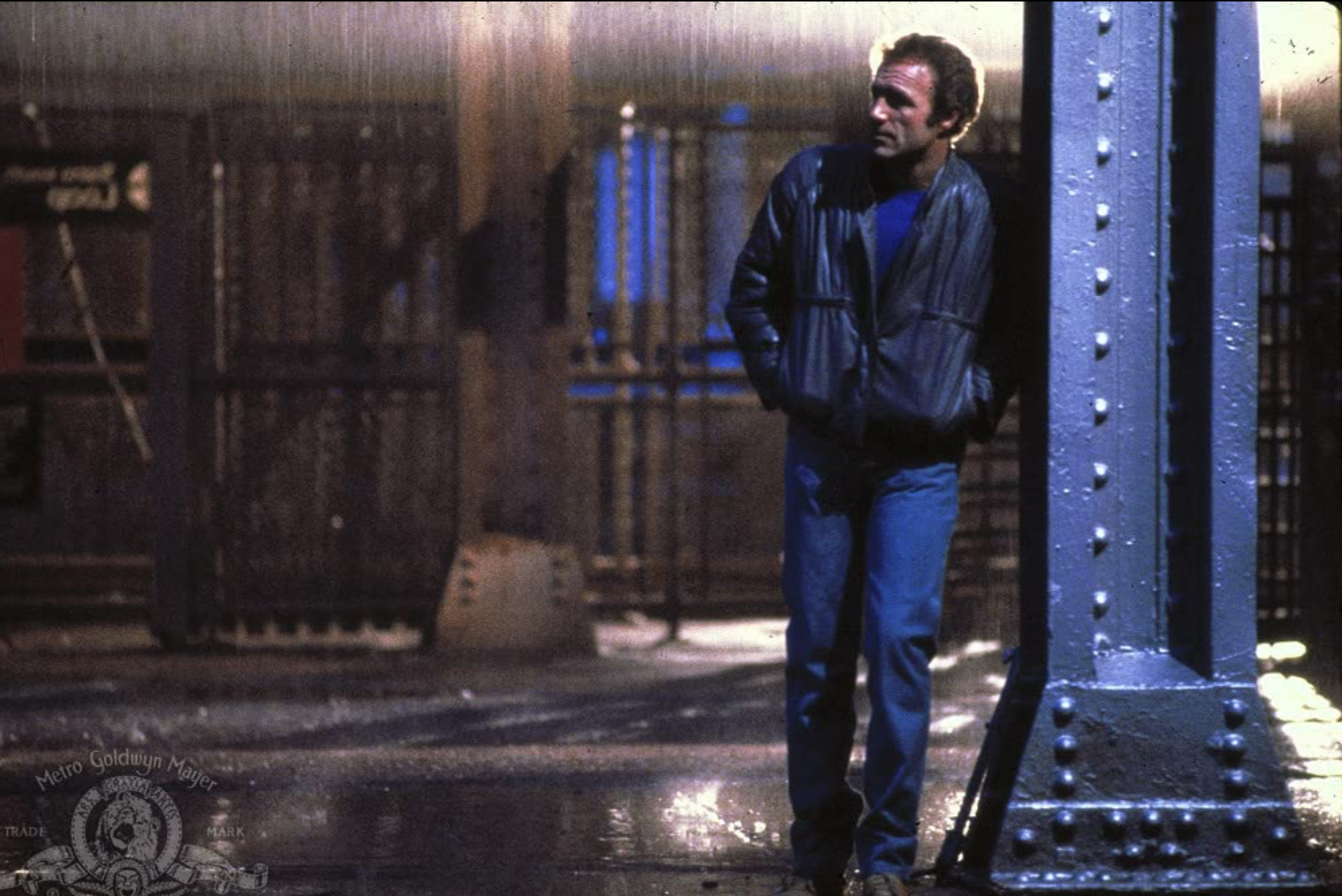
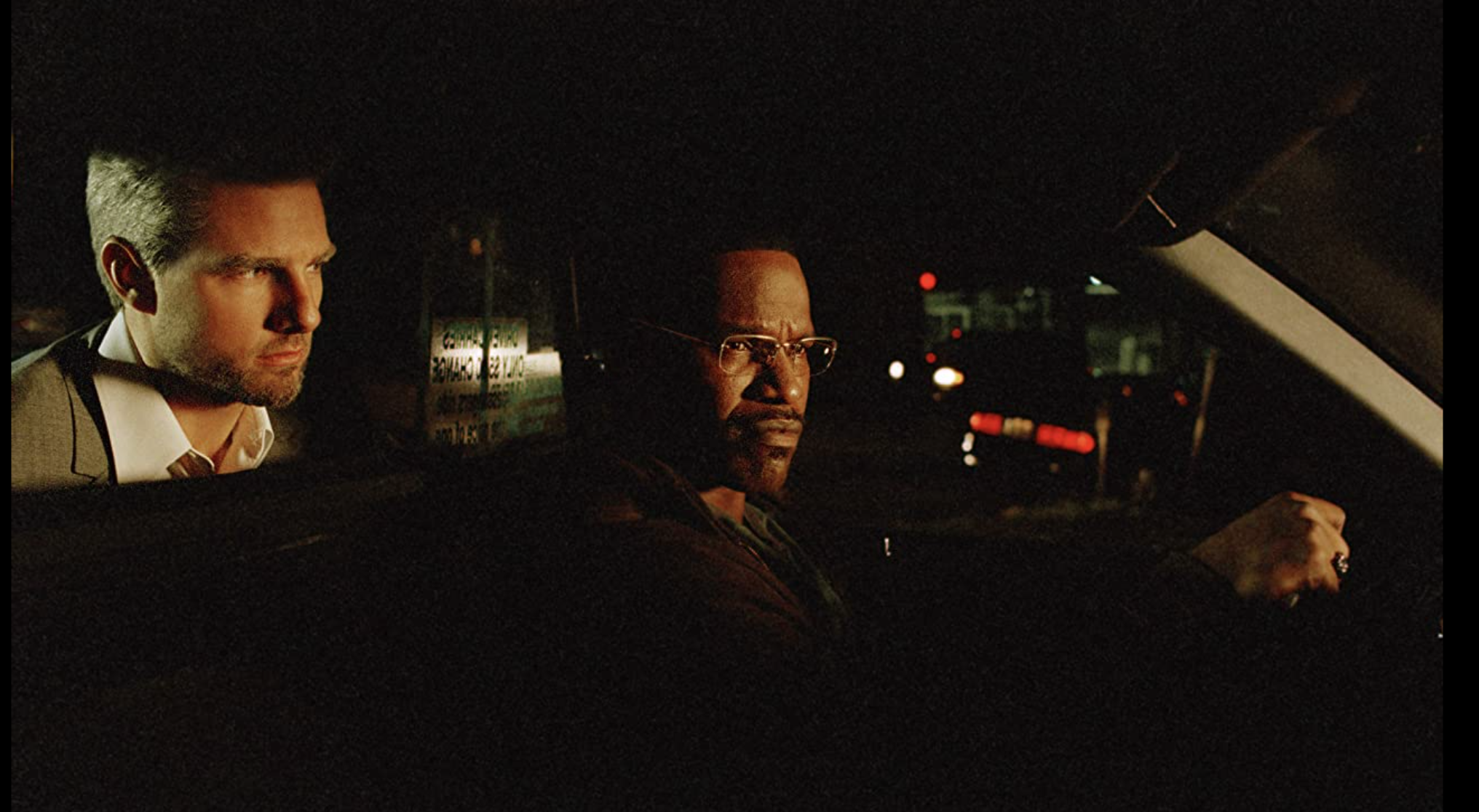
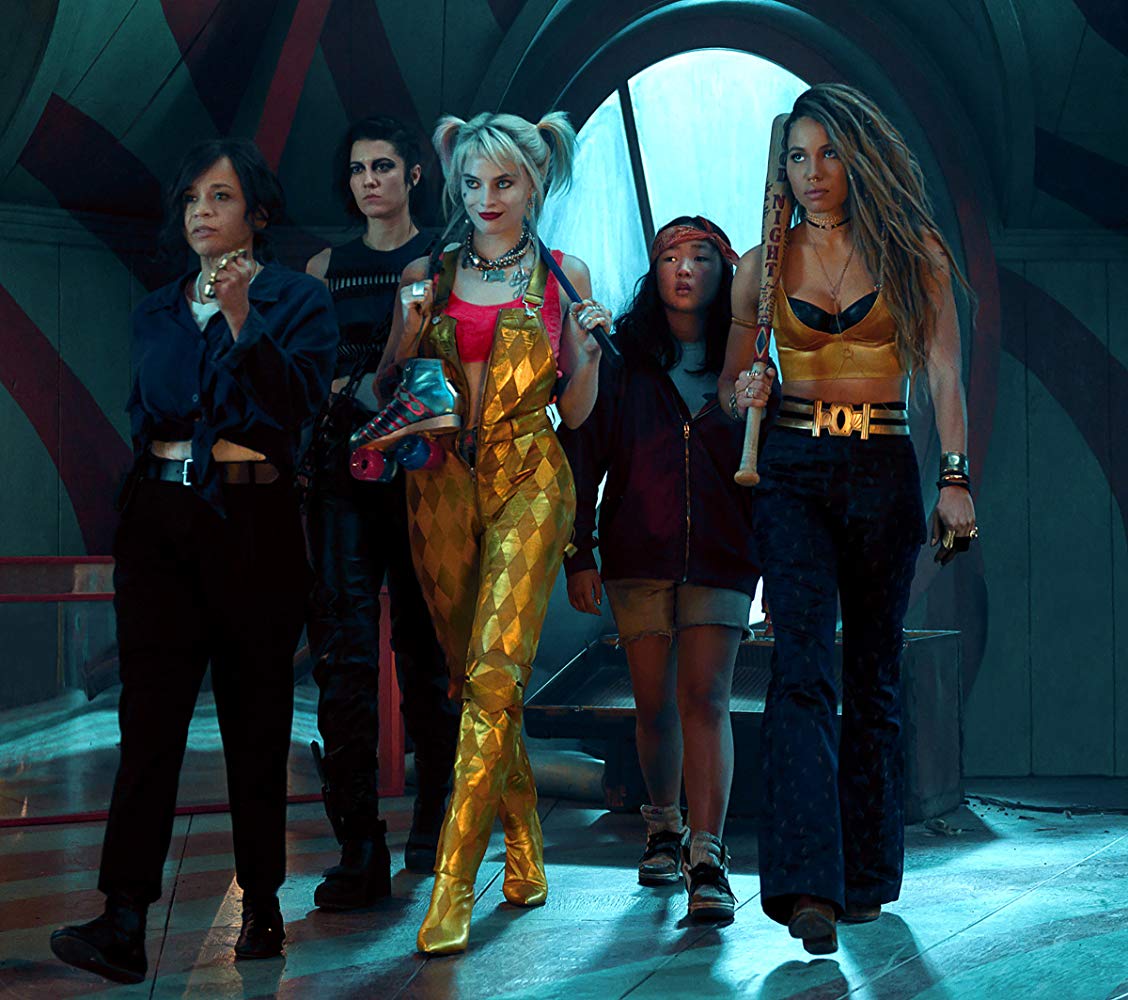
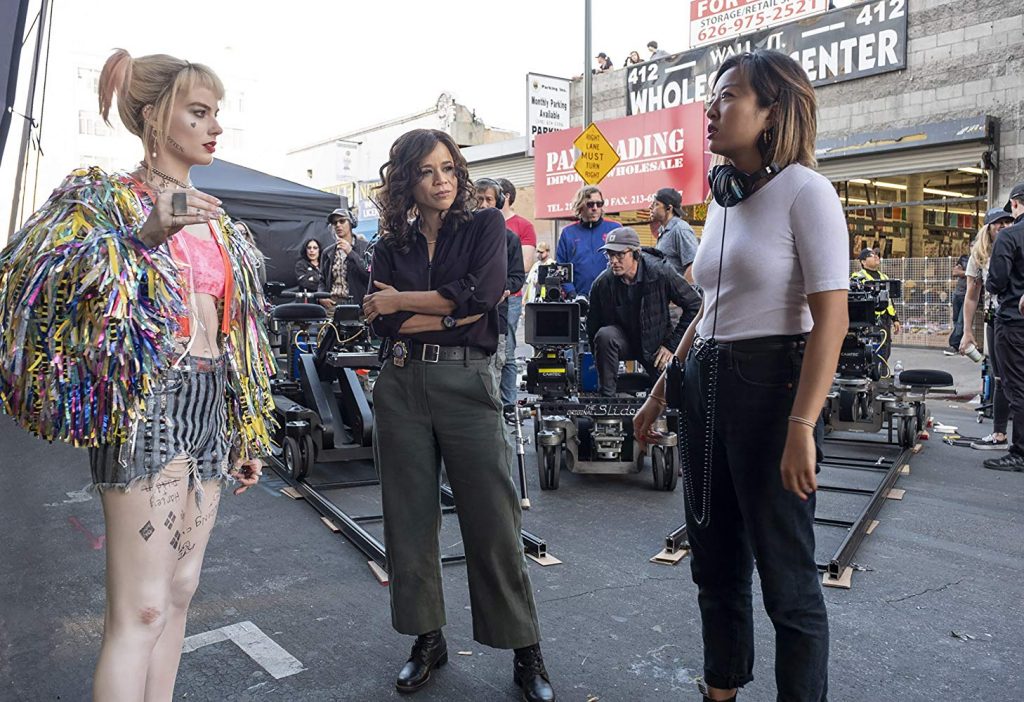
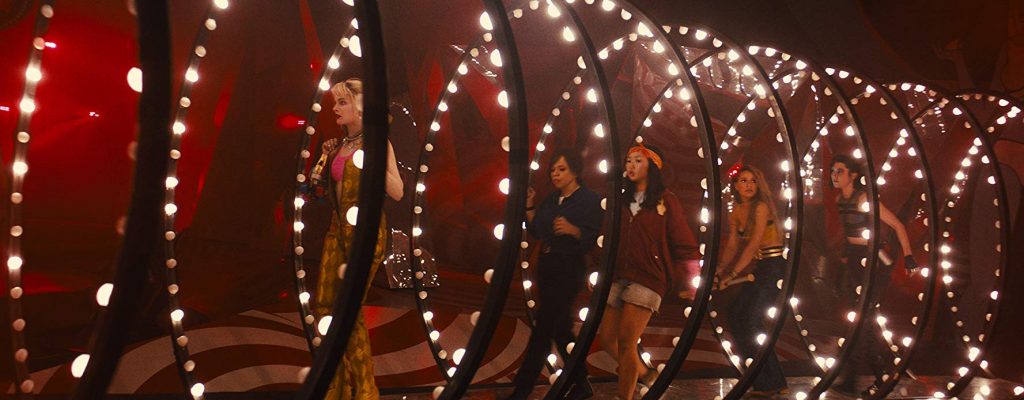
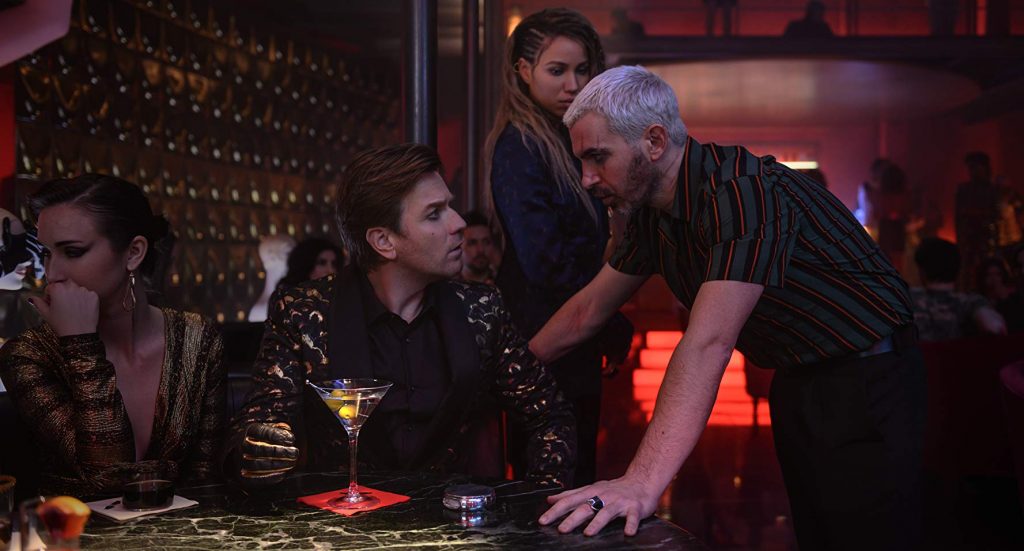
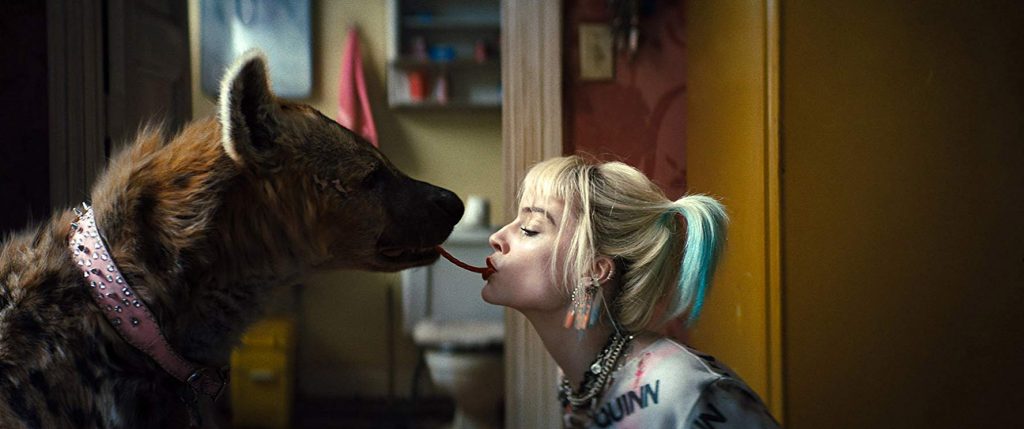
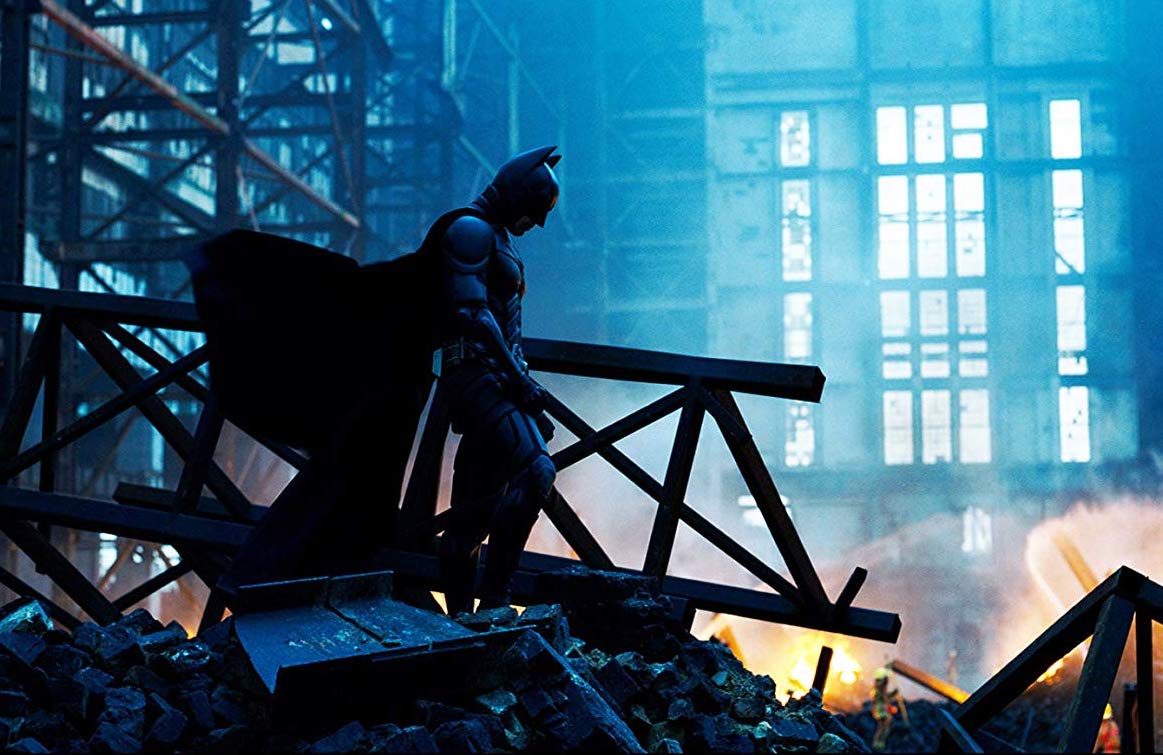
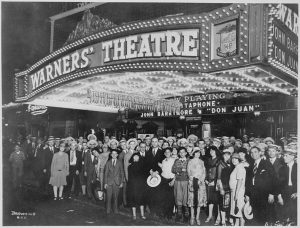
Comments